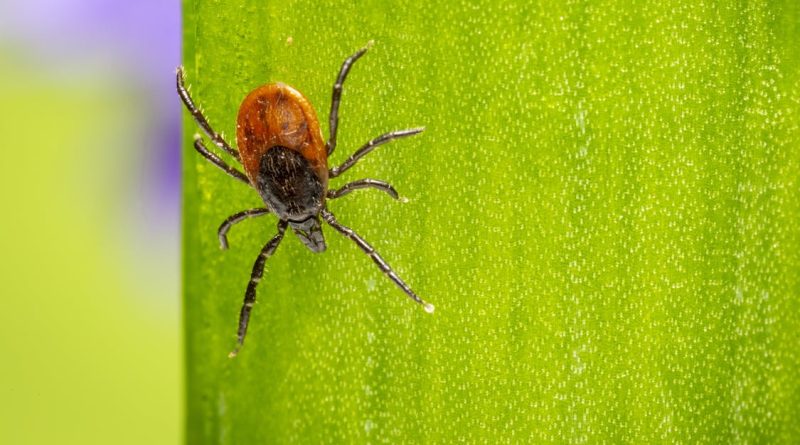Man succumbs to illness in Spain after contracting unknown disease from tick bite
The illness currently lacks a vaccine
A gentleman in Spain passed away after acquiring a fatal ‘bleeding eyes’ sickness known as Crimean-Congo hemorrhagic fever (CCHF), a lethal viral ailment with a mortality rate of up to 40%. As per Metro, the 74-year-old expired on Saturday after being admitted to a hospital near Madrid.
The individual, whose identity remains undisclosed, was hospitalized at Rey Juan Carlos University Hospital in Mostoles, Spain, following a tick bite in Toledo, approximately 100 miles southwest of Madrid. Upon being diagnosed with the rare Crimean-Congo hemorrhagic fever (CCHF) virus, he was moved to a high-dependency isolation unit at La Paz University Hospital in Madrid to prevent transmission. Initially, his condition was considered stable, but he later deteriorated after exhibiting all symptoms linked to CCHF.
Regrettably, he succumbed to the virus on Saturday, marking the first CCHF-related fatality in Spain since May 2020. Health authorities are likely to be on high alert to prevent additional cases and control the spread of this perilous virus.
About Crimean-Congo hemorrhagic fever
CCHF, described as ‘Ebola-like’ due to its similar hemorrhagic symptoms, is a sickness caused by a tickborne virus. It has been classified as a “priority illness” on a list by the World Health Organisation (WHO) and currently has no vaccine accessible. It is also one of nine pathogens considered most likely to instigate a pandemic. CCHF is prevalent in all of Africa, the Balkans, the Middle East and in Asia.
CCHF is spread through tick bites or contact with bodily fluids of infected animals or humans. Ticks can also transmit various other illnesses, including Lyme disease, and the Powassan virus. The initial symptoms of CCHF include fever, muscle aches, abdominal pain, sore throat, and vomiting. It can also cause mood swings, confusion, and drowsiness, and provoke bleeds, typically from the nose or broken capillaries on the eyes and skin.
According to WHO, general supportive care with treatment of symptoms is the primary approach to managing CCHF in individuals. The antiviral medication ribavirin has been utilized to treat the infection with apparent benefit. To prevent tick-borne illnesses, individuals are advised to wear protective clothing, use insect repellents, and check for ticks after spending time outdoors.
Waiting for response to load…

